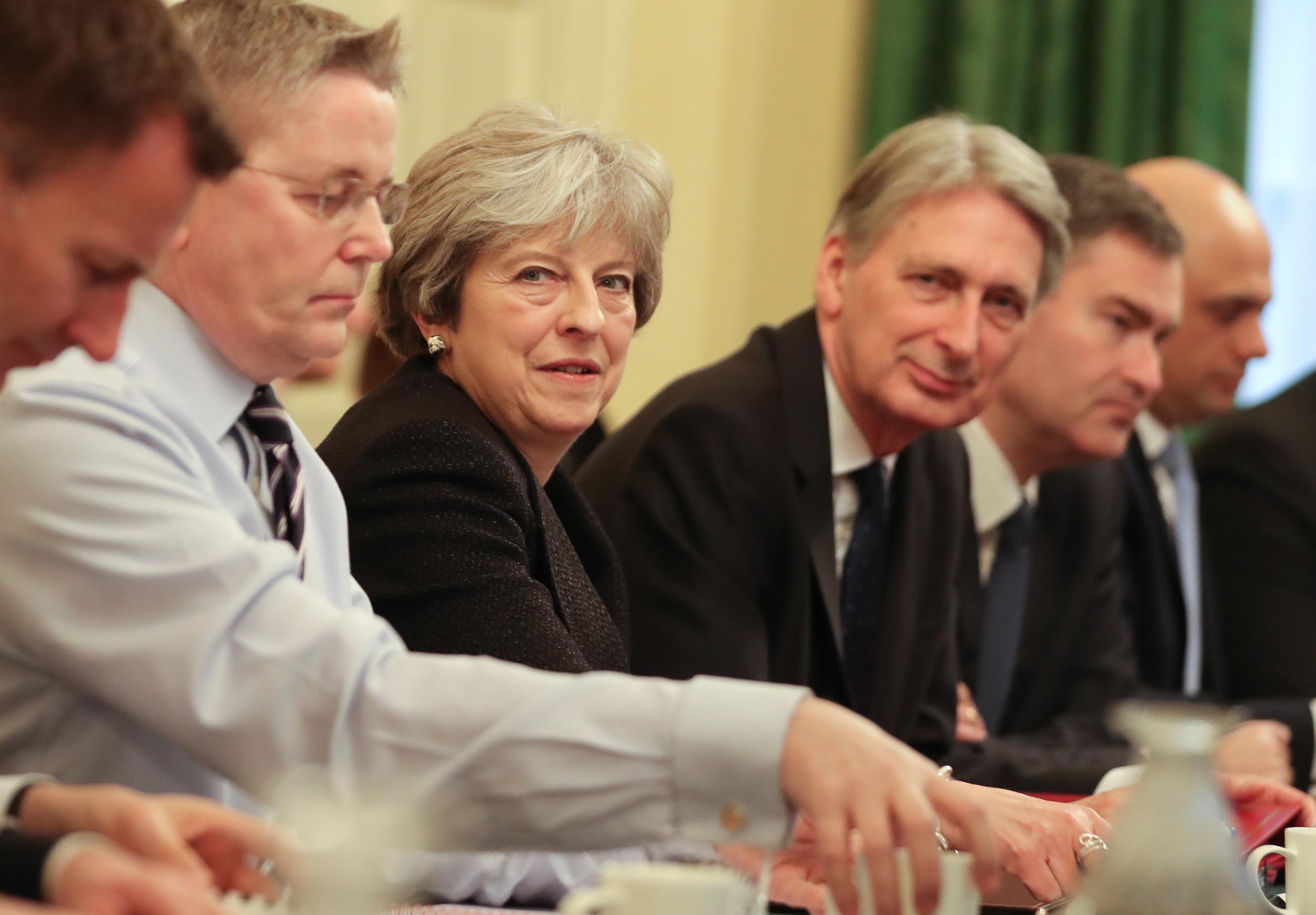Post-Brexit politics look brightest for the Tories – they have learnt their lessons from the last election
The Conservatives will have the chance to unite, to renew and to choose a new leader from a broad field of candidates


“Impossible to see the future is,” said Yoda, but that doesn’t stop us non-Jedi trying. It is becoming clearer, despite Nigel Farage’s attempt to cloud everything, that there won’t be another referendum and that we will leave the EU in little more than a year’s time.
Farage says that his meeting with Michel Barnier, the EU negotiator, convinced him Britain will be offered a bad deal. He thinks that Parliament will reject it and that it could hold a second referendum – which he doesn’t want but which he thinks Leave would win by a larger margin.
Simply to set out the sequence of events, however, is to clarify how unlikely it is. Even if public opinion turned decisively against Brexit, and even if Jeremy Corbyn supported a new referendum, it is hard to see how there could be a majority in the House of Commons for it. The handful of pro-EU Conservatives would be outweighed by Labour MPs in Leave constituencies.
Of course, it is reckless to speculate about what might happen after Brexit, but harnessing electricity was reckless, so let us speculate. Leaving the EU will change everything in politics. First, we can stop talking about stopping Brexit. Second, both main parties can heal their divisions over Europe, although that could work better for the Tories than for Labour. And third, the Liberal Democrats will have to rebrand themselves.
It is a paradox that little will change in practice on 30 March next year, because we will go into a steady-state transition period. We will still be in the EU single market, allowing the free movement of EU people. The big jolt to the economy will come when that ends – a date, and, crucially, the question of whether it will be movable, that is the subject of the next round of Brexit talks.
But politics will change overnight between 29 and 30 March 2019. Remainers will divide between Rejoiners and Accepters. The irreconcilables will fight on, but there will be fewer of them. The Accepters and the Leavers will be able to put the past behind them, and together they will form the overwhelming majority of the Conservative Party.
The Prime Minister will not have to be so careful to balance Remainers and Leavers in her ministerial promotions. Equally, however, it opens the way for a former Remainer to stand for the leadership when Theresa May goes. Before Brexit it is impossible for Amber Rudd or Ruth Davidson to become Tory leader. The Leaver majority among party members wouldn’t have them. Once we have left the EU their past positions become less important.
Labour, too, can unite. That was the significance of Clive Lewis’s return to the front bench this week. He resigned from the Shadow Cabinet in February to vote against Article 50, the start of the two-year Brexit process. Now he is a shadow Treasury minister, outside the Shadow Cabinet but inside the tent again.
It will be harder for Labour than for the Tories to unite, though, because Labour has a larger contingent of irreconcilables. Once Brexit happens, Corbyn won’t need to triangulate between them and his own anti-EU history any more. But there will be a lot of Labour Party members who want to fight the 2022 election on a pledge to rejoin the EU, or at least to hold a referendum on the question.
Then there are the Liberal Democrats. Their unequivocal opposition to Brexit has hardly rallied the British people to their banner, but without it it is even harder to see what the point of the party is. Corbyn may want to subsidise middle-class students and rail travellers, but his socialist reputation means Vince Cable cannot compete in the social-justice radical stakes. After Brexit, the appeal of centrism is likely to remain limited for a while.
That suggests that post-Brexit politics will continue to be dominated by Tory-Labour struggle. There is a danger for the Labour Party in re-fighting the last election. Its members are bound to think that the key to winning next time is to fight the 2017 campaign, only more so. But Corbyn’s success depended heavily on a terrible Tory campaign led by a terrible candidate – mistakes that are unlikely to be repeated. The Conservatives know that they have to do things differently. And, after Brexit, they have the chance to unite, to renew and to choose a new leader from a broad field of candidates.
There are good reasons for thinking that the post-Brexit landscape is more favourable for the Conservatives than for Labour. But then, as Yoda also said: “Difficult to see. Always in motion is the future.”

Join our commenting forum
Join thought-provoking conversations, follow other Independent readers and see their replies